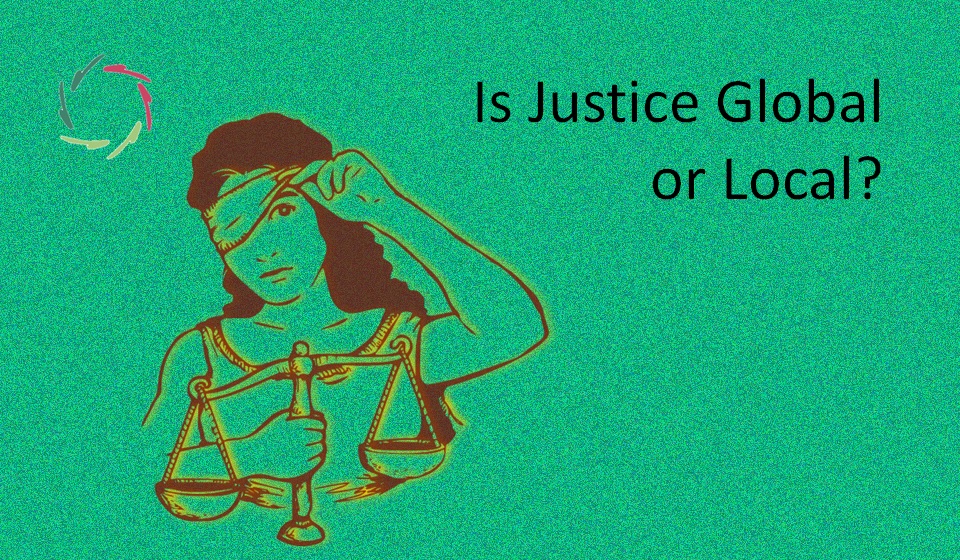Two Racisms – One Way Out

At the surface, racism is simply about a feeling of superiority over people from another race or ethnicity. Here ends the easy part.
Why do people rank other people as inferior or superior based on inherited characteristics, be it visible in color or anything else? With due respect to those being racially discriminated, I want to make the distinction between explicit and implicit racism. In my view, this distinction is essential to know how to handle racism globally.
A distinction seldom made
Mainly the implicit kind is not generally acknowledged. This is because our culture (world-wide) doesn’t take non-conscious ‘implicit’ processing into account generally, in theory, nor practice. Thus, at present, for a person who thinks himself to be non-racist, all ‘racists’ are equally… guilty, only depending on the degree of ‘racism.’ How to handle a racist is also always the same: through persuasion or suppression. This simplifies things. One way or the other, action can be taken swiftly. But without relevant distinction, this action may be counter-productive. Thus, after all, the distinction is useful, even necessary.
Explicit racism is an easy way to make oneself ‘superior’.
It’s an easy way to diminish another group’s societal rights or status and, by doing so, to be better off oneself. This may be financially, relationally, or personally: feeling better because someone else is supposed to be less worthy. Explicit racism is plain opportunism. It should be treated as such. It is a conscious choice and ethically wrong. The treatment should also be at the conscious level: persuasion through argumentation and legal punishment are options.
Implicit racism is different.
The implicit racist does not consciously decide to be so. His racist feeling is akin to a psychological addiction or phobia. There might be a genetic factor involved. An implicit racist can feel anxiety or some other unwanted sense without conscious control over it. This may be a full-blown racist feeling, or it may be an un-wellness, a not feeling at ease, or an ambivalence in particular circumstances. This is unwelcome, but not something to be ashamed of. An implicit racist is not morally inferior. Some people privately feel this as a kind of hidden racism and are embarrassed, but they need not be. They should, however, take the responsibility to look for good coaching at the non-conscious level.
Shallow and deep racism are different conditions and need very different treatments.
Both can, of course, be present in the same person. Even so, that person is in need not of one kind of treatment but both.
If you feel a racist inclination and you cannot help it, you shouldn’t feel guilty. If it does bother you or others, then you should get help.
It’s also a question of efficiency. Not making the implicit-versus-explicit distinction will make racism of any kind last a lot longer. No decent human being wants that. This includes being an anti-racist without making the proper distinction.


